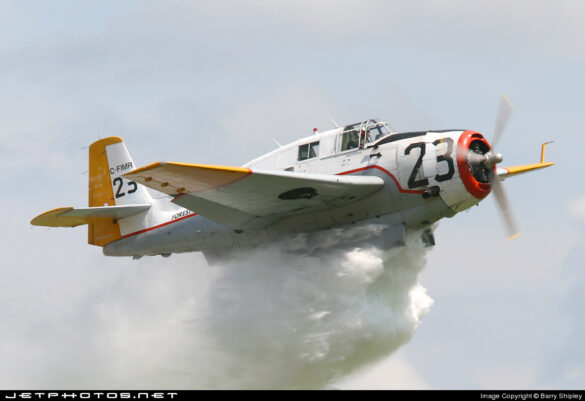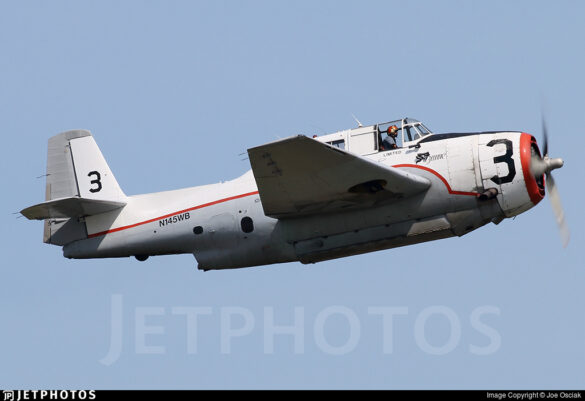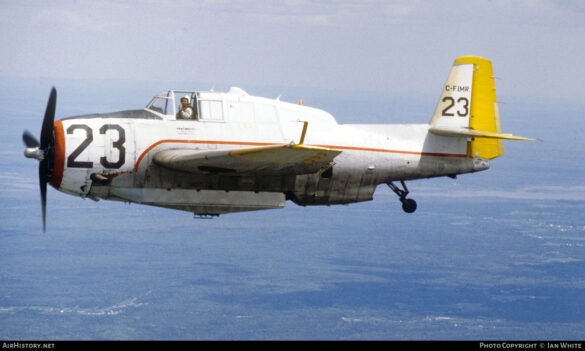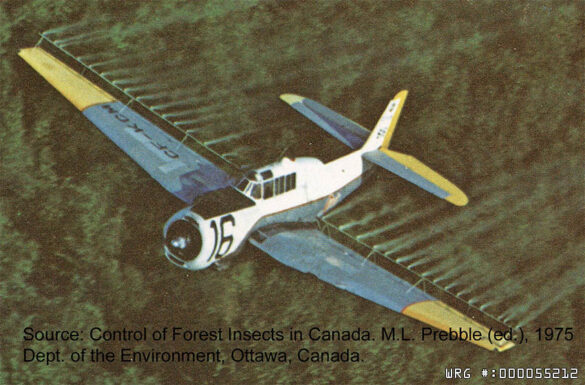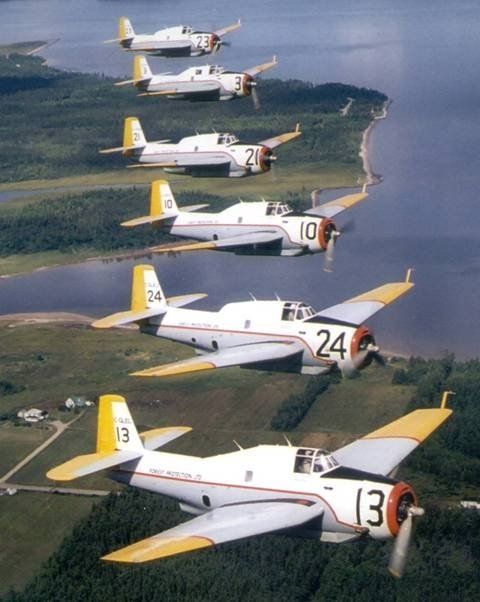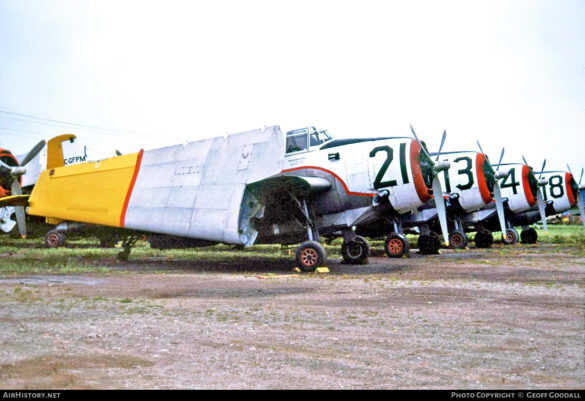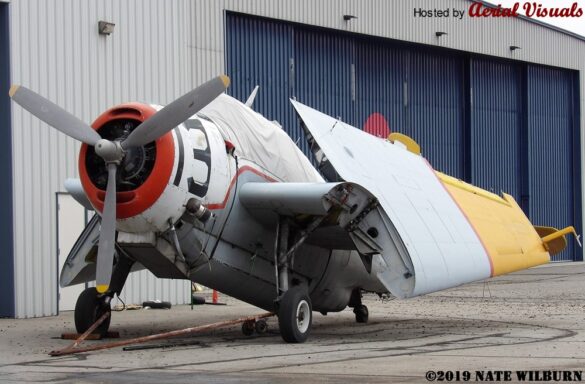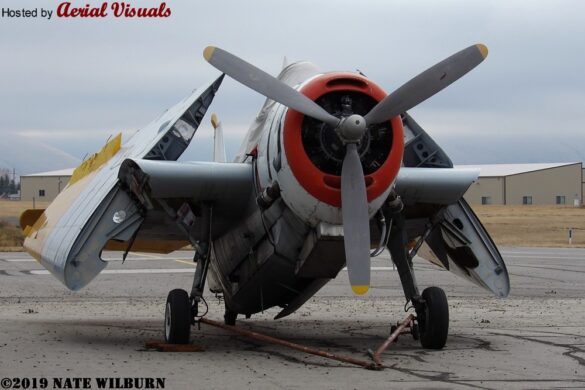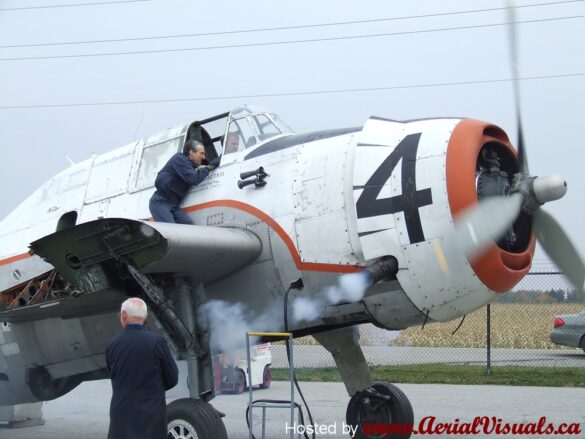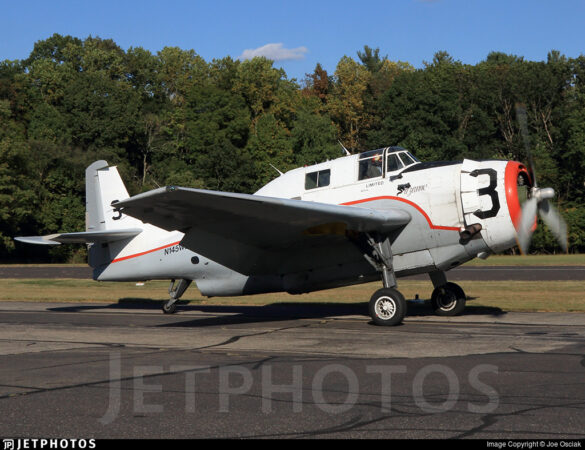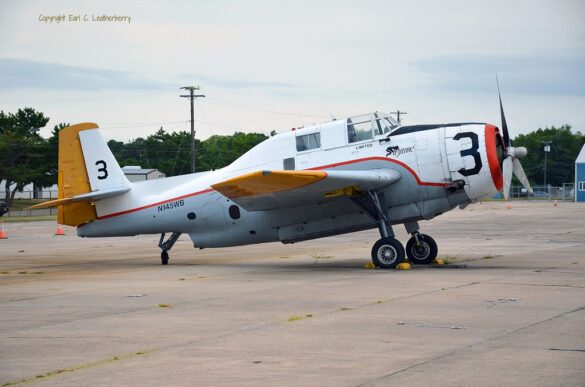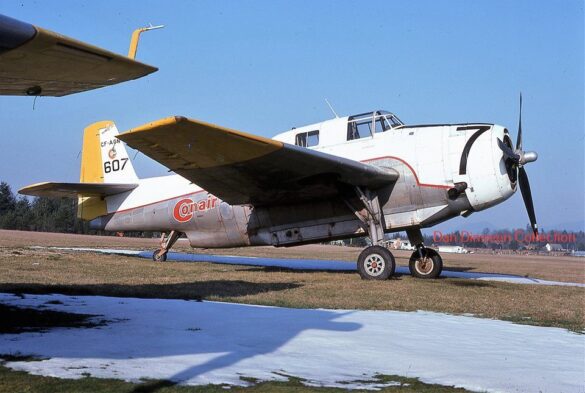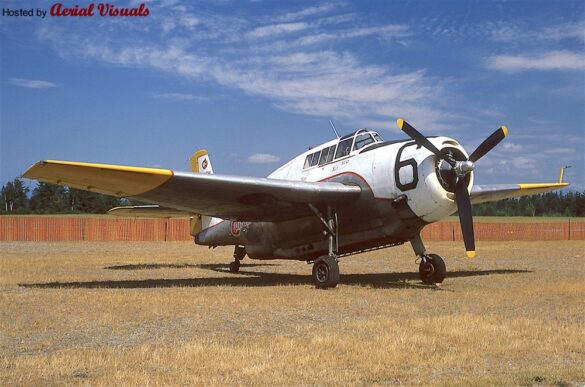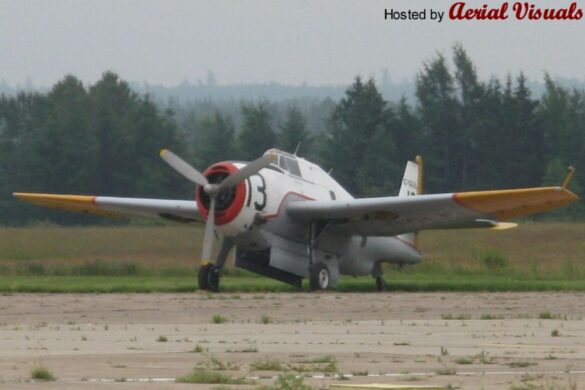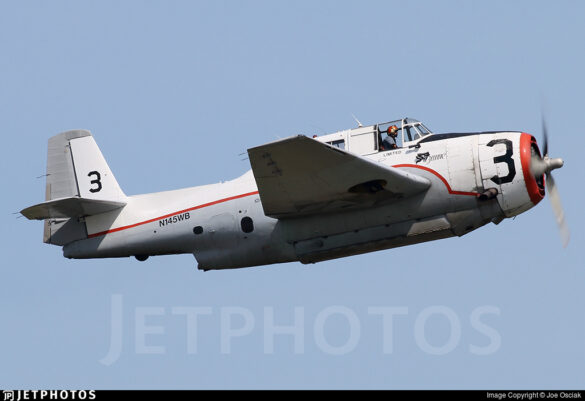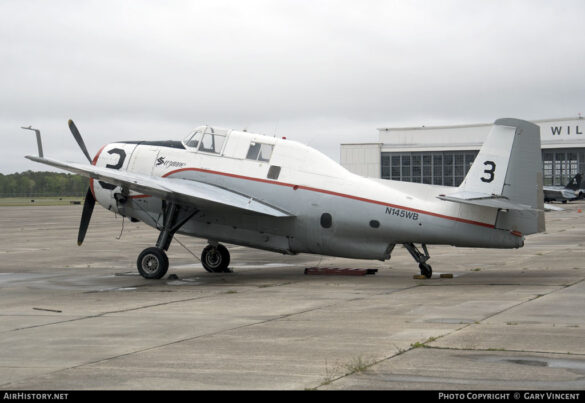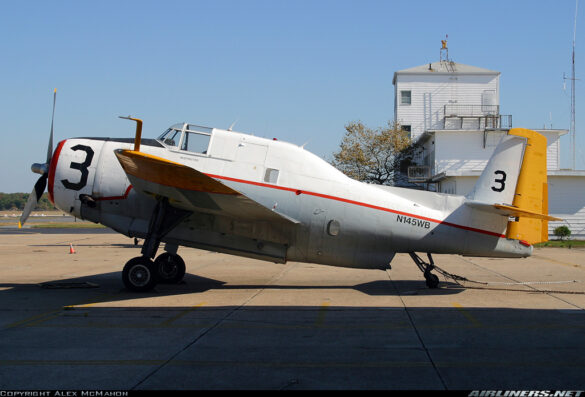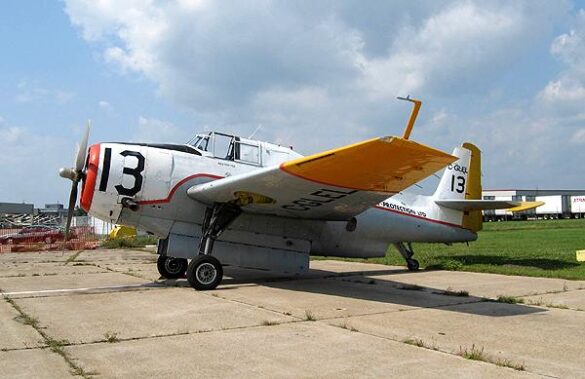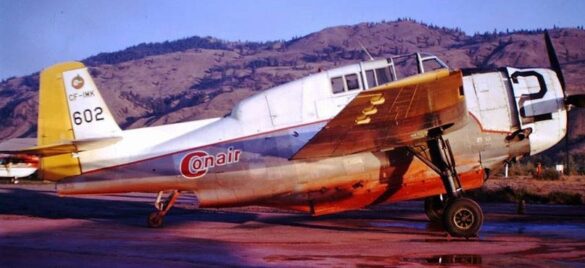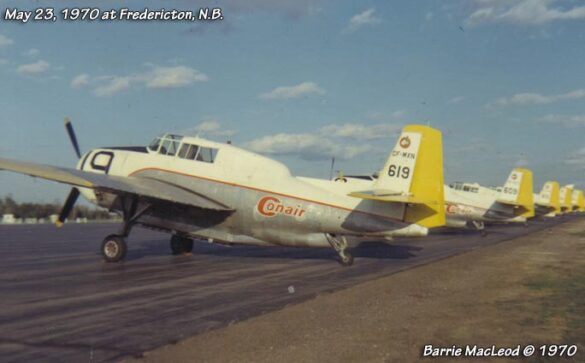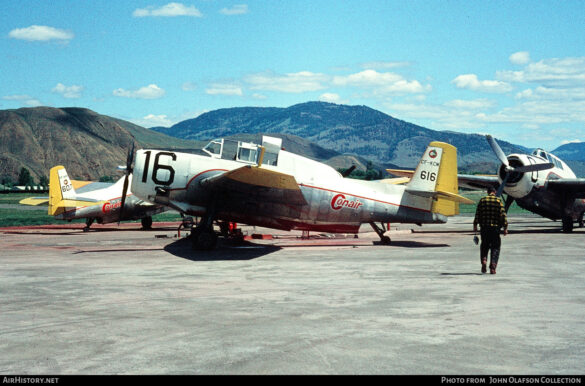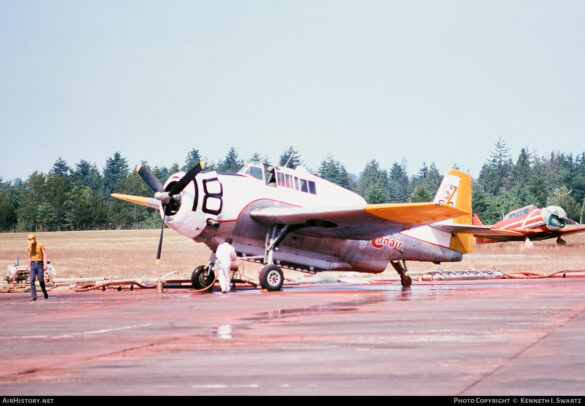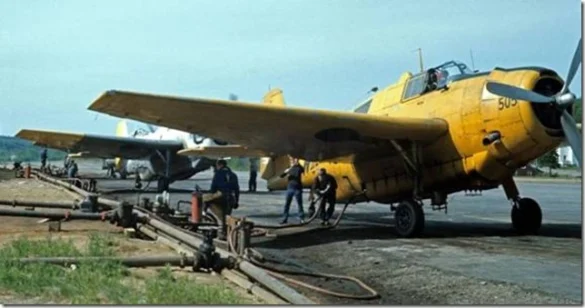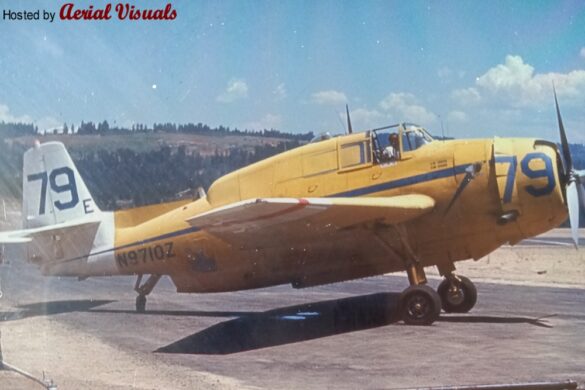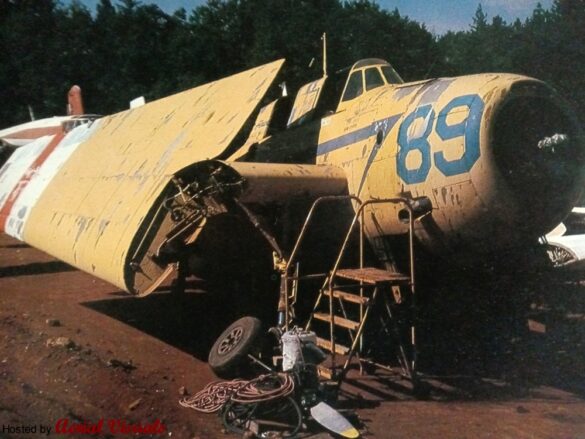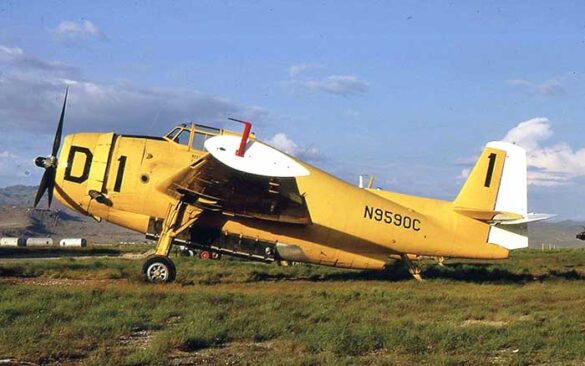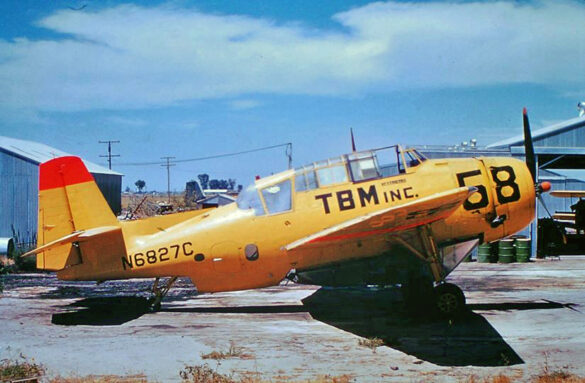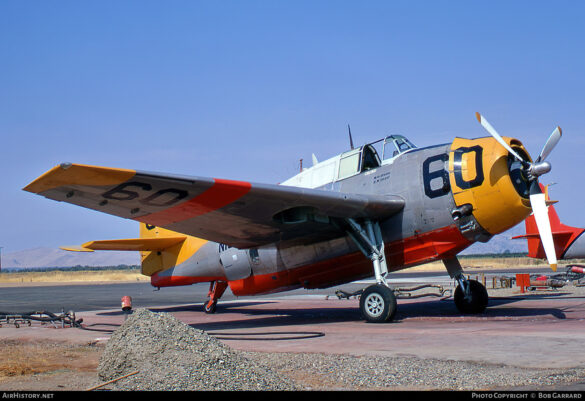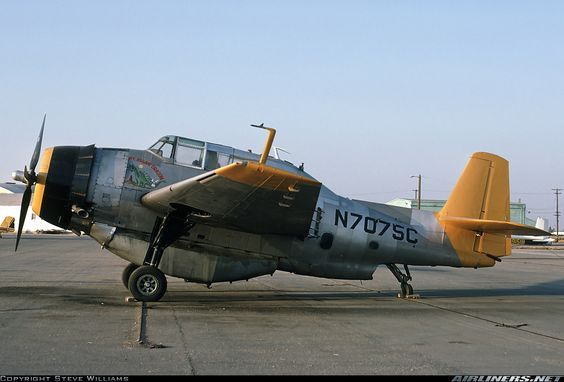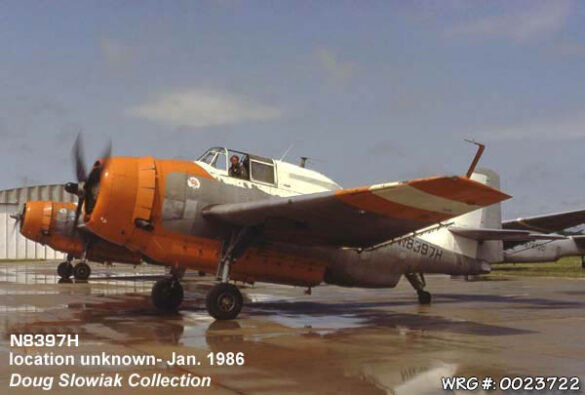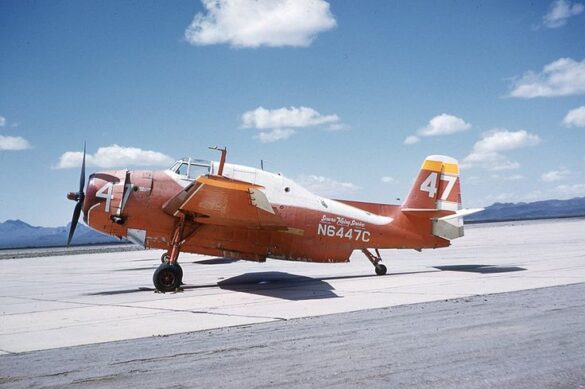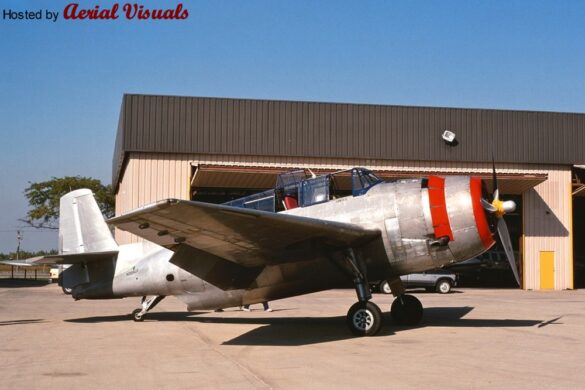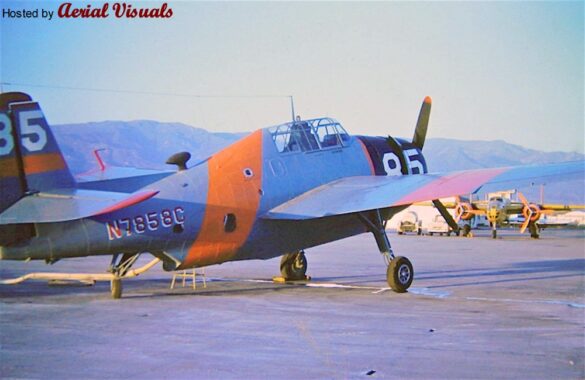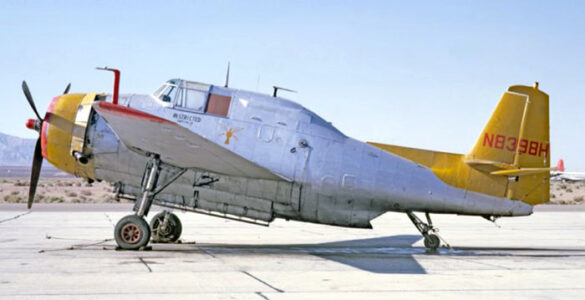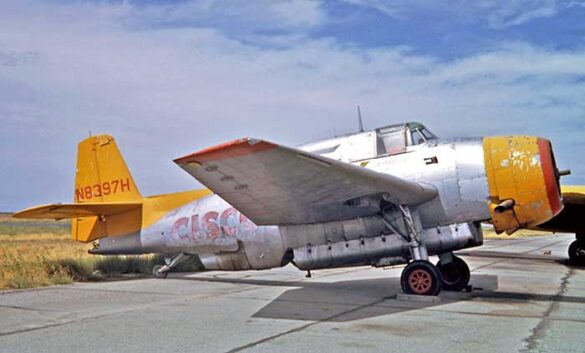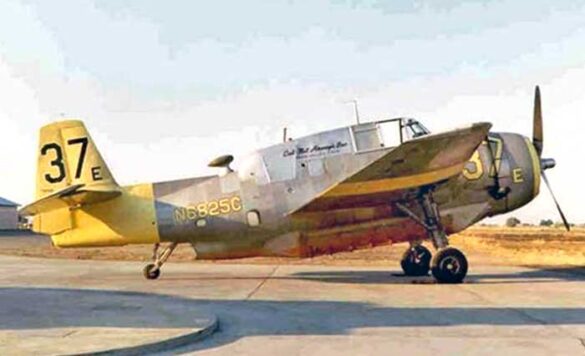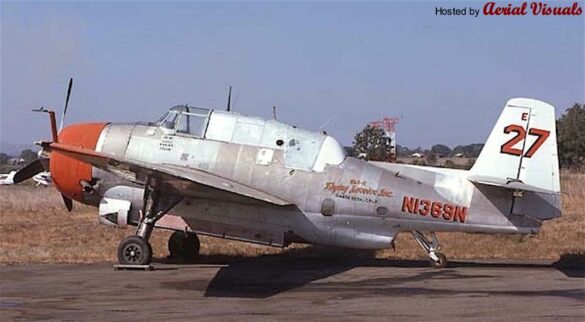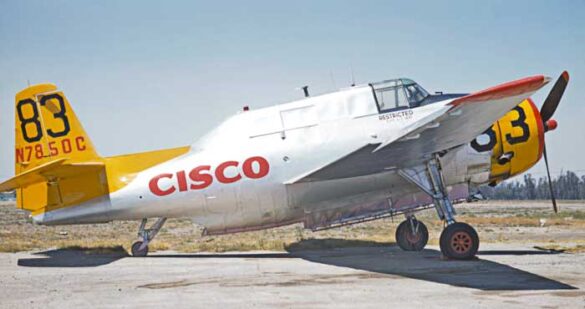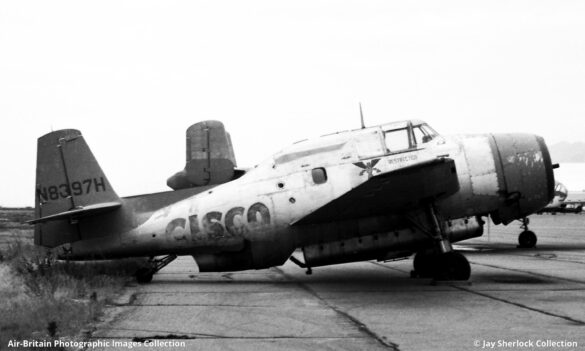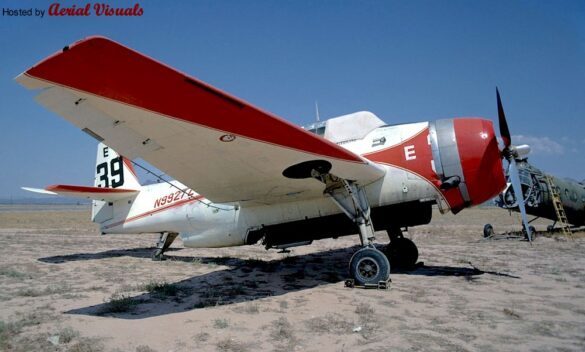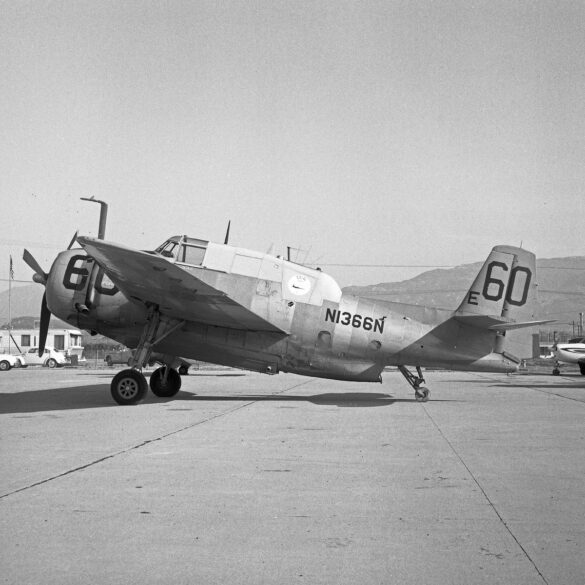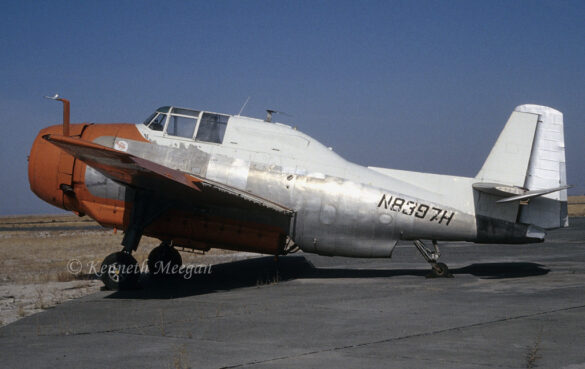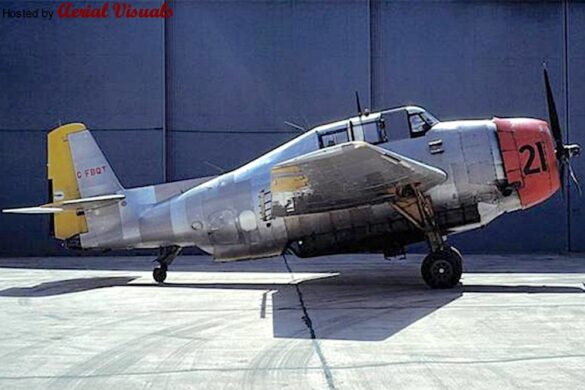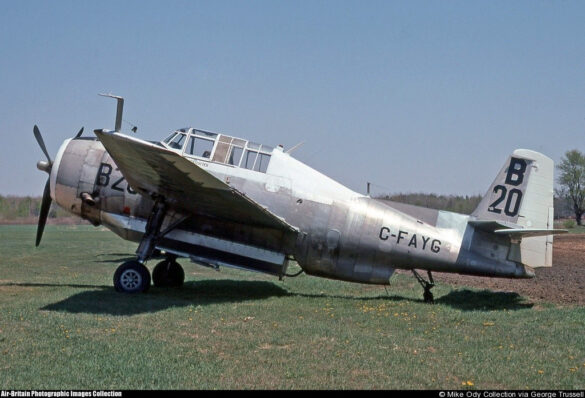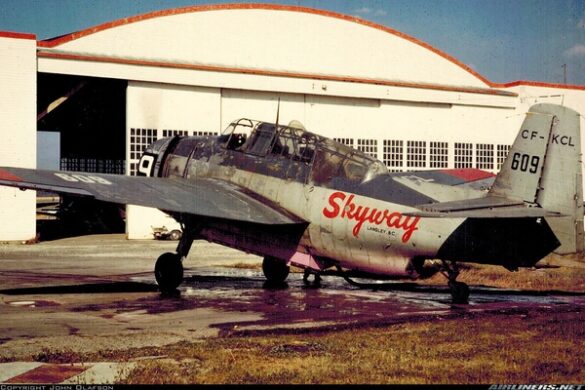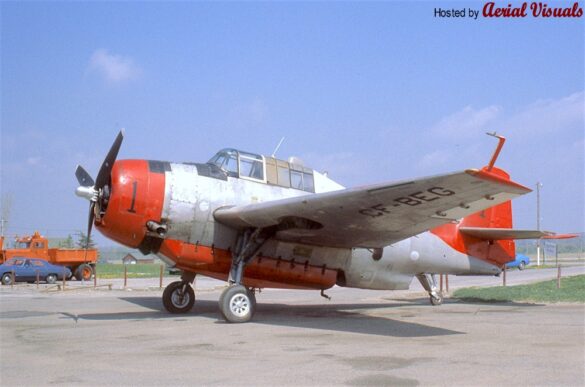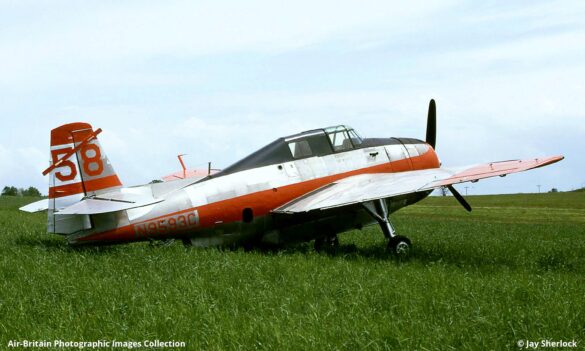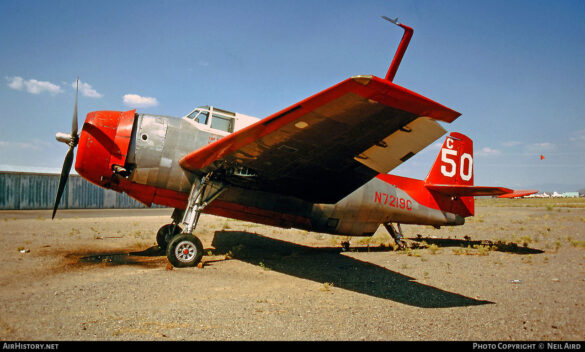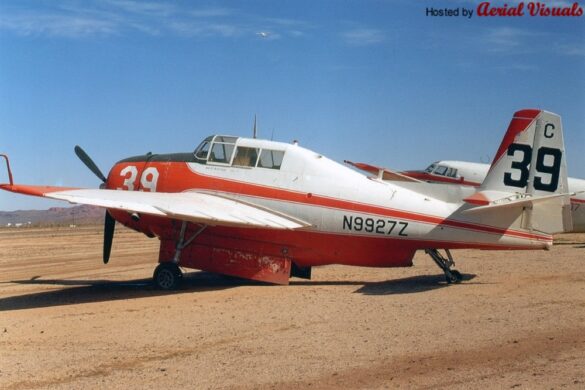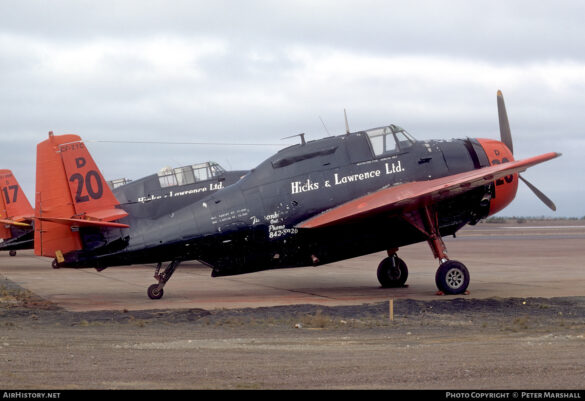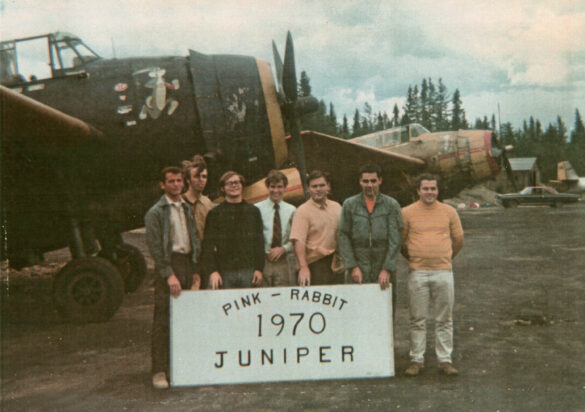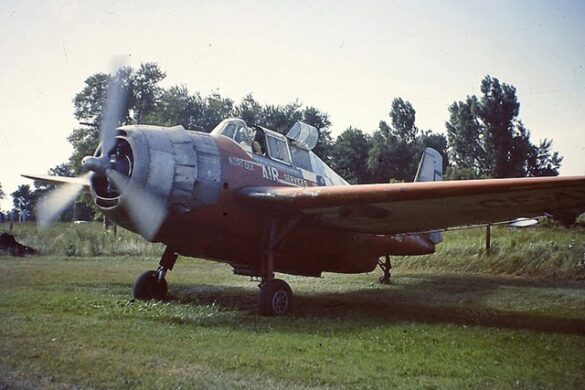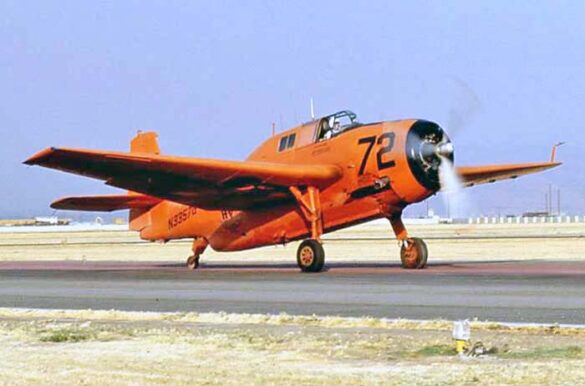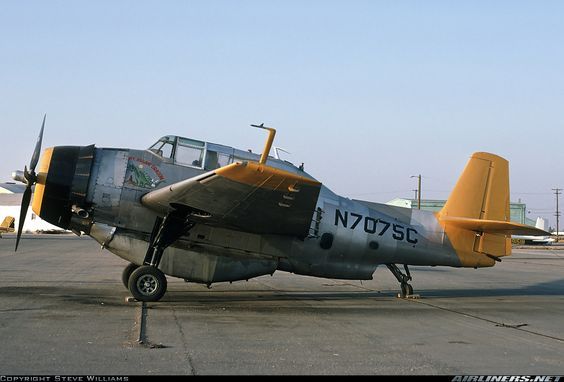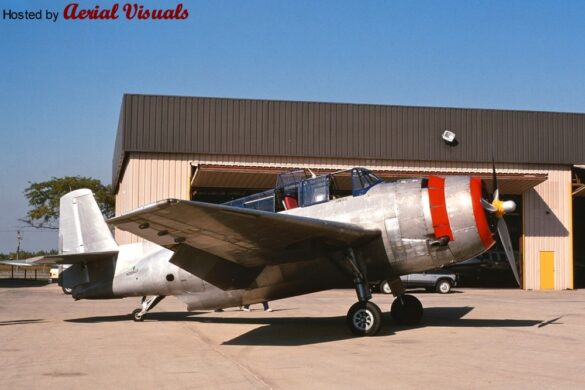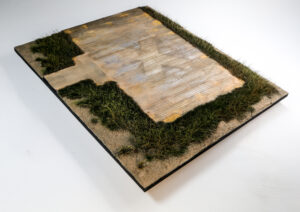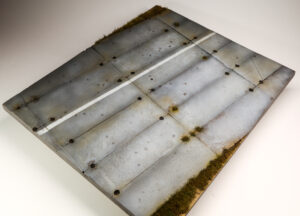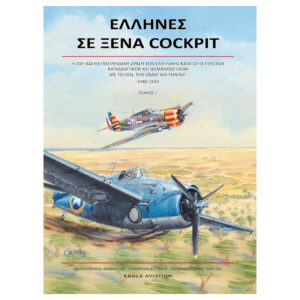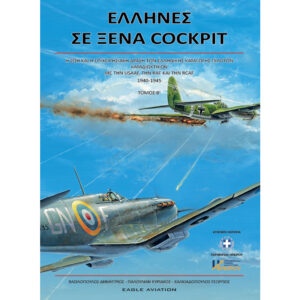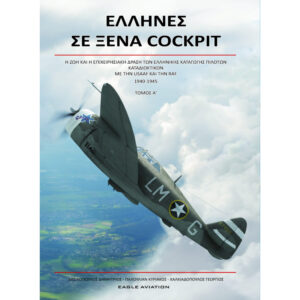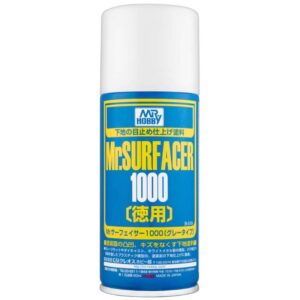article
TBM Avenger – From Torpedo Bomber to Spray Plane and Firefighter
The Grumman TBM Avenger was one of the most rugged and reliable torpedo bombers of World War II. But its career didn’t end with the war. Instead, dozens of these tough aircraft were given a second life as agricultural spray planes and firefighting air tankers. They swapped torpedoes for water tanks, and combat for crop protection and fire suppression.
A New Role for a Proven Warrior
Postwar, military surplus Avengers were sold or leased to civilian operators. Their large bomb bays and powerful radial engines made them ideal for carrying heavy payloads—whether liquid pesticides for farming or fire retardant for emergency response.
Conversion Process
To repurpose the TBM for agricultural and fire service use, several modifications were necessary:
Internal modifications included:
Replacing the bomb bay with a chemical or water tank (up to 1,000 gallons)
Removing military equipment and the gun turret
Installing pumps and spray or drop control systems
External modifications included:
Fitting spray booms under the wings for agricultural use
Adding drop doors for firefighting operations
Applying high-visibility civilian paint schemes (bright red, orange, or yellow)
Assigning civil registration numbers and company or service markings
These converted Avengers flew in North America (notably Canada and the U.S.), as well as Australia and New Zealand. They operated for decades, often from small rural airstrips close to forests or farmland.
Firebombing and Pest Control
In the 1950s–1970s, the TBM Avenger became a trusted workhorse in chemical pest control—spraying fields and forests with insecticides like DDT. Later, they transitioned into aerial firefighting roles. Their ability to fly low and slow while carrying significant loads made them perfect for tackling wildfires, especially in remote regions.
Civilian Liveries and Appearance
Gone were the dark Navy blues. Civilian TBMs featured:
Bright yellow, orange, or red fuselages
White or metallic silver undersides
Custom stencils, serial numbers, and operator logos
Each aircraft had a unique appearance, depending on its country, role, and company.
Scale Modeling Tips – Converting a TBM to Spray or Fire Role
For modelers, converting a wartime TBM into a spray or firefighting aircraft is a rewarding and visually striking project.
Recommended kits:
1/48 scale: Accurate Miniatures, Hobby Boss
1/72 scale: Academy, Airfix, Sword
Modifications:
Remove the rear turret and add a single-seat layout
Scratchbuild or 3D-print a belly tank
Add spray booms or underbelly drop doors
Include antennae, pumps, and fluid piping if desired
Use custom decals or print fire service stencils
Painting and weathering:
Bright gloss colors (FS 13538 Yellow, FS 11136 Fire Red, FS 17178 Aluminum)
Weather with oil streaks, fluid leaks, and chemical stains
Create realistic chipping and discoloration from harsh use
Paint Reference Table
| Paint Brand | FS 11136 (Fire Red) | FS 13538 (Gloss Yellow) | FS 17178 (Aluminum) |
|---|---|---|---|
| Mr Hobby | H327 | H329 | H8 |
| Mr. Color | C327 | C329 | C8 |
| Tamiya | XF-7 | XF-3 | XF-16 |
| AK Real Colors | RC032 | RC007 | RC020 |
| AMMO by Mig | A.MIG-003 | A.MIG-046 | A.MIG-192 |
| MRP (Mr. Paint) | MRP-116 | MRP-127 | MRP-003 |
Conclusion
The TBM Avenger’s second life as a crop sprayer and firebomber is a story of transformation—one of utility, ingenuity, and endurance. For scale modelers, it offers a fresh perspective on a classic warbird, full of color, character, and storytelling potential.
Available at: eshop.gmodelart.com
Curtiss-Wright XSB2C-1 Helldiver: From Prototype to Glory and Tears
Gallery
